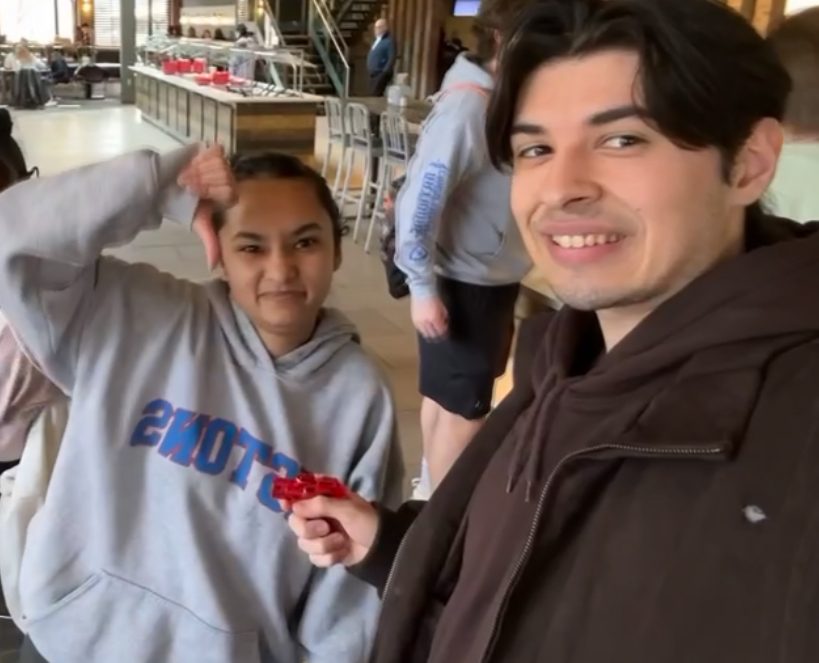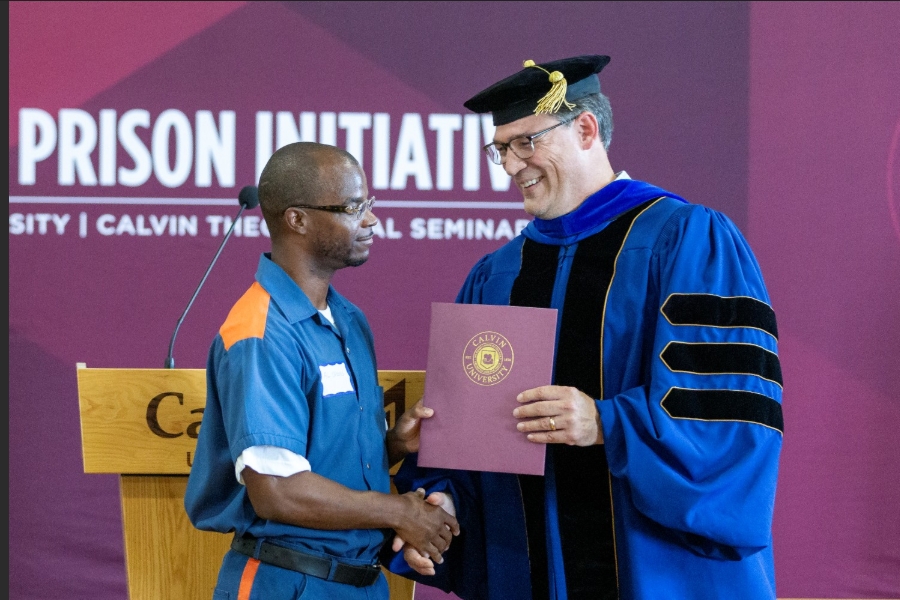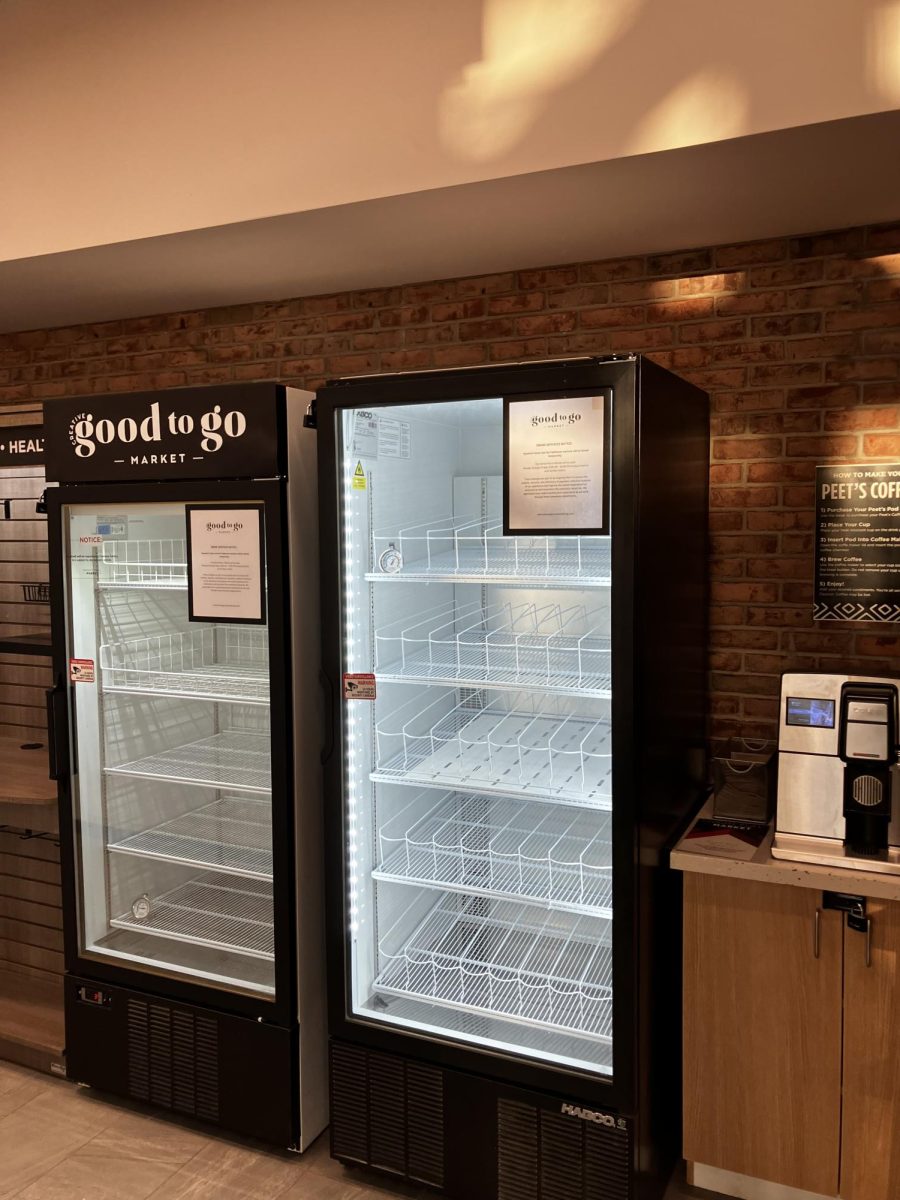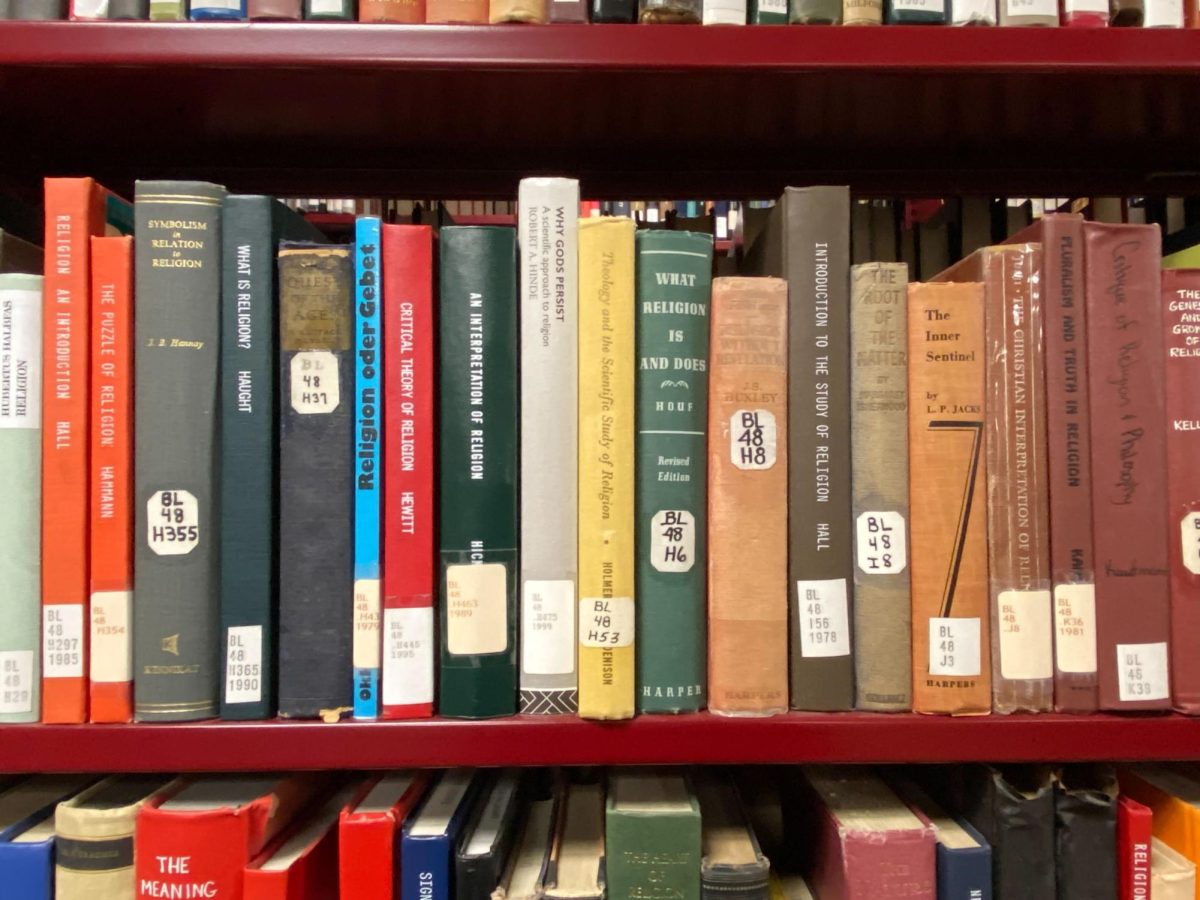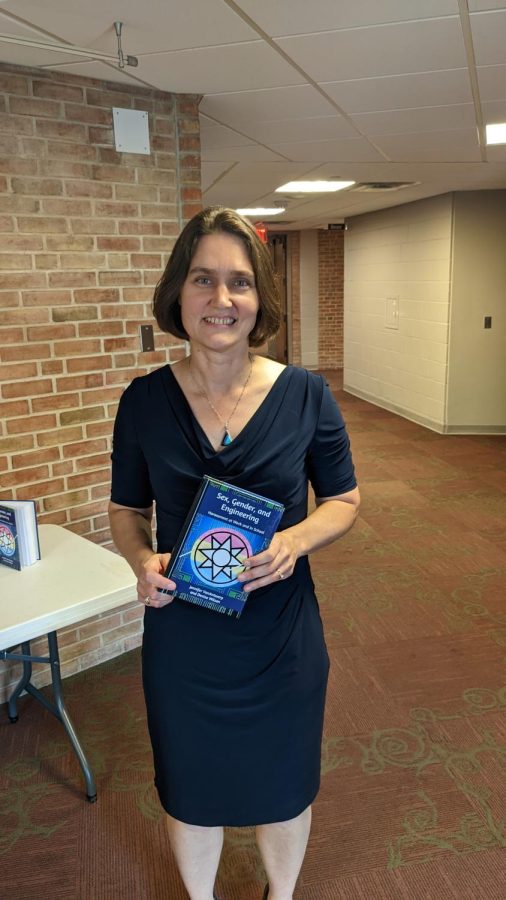“Gotcha” or “Assassin” games have grown in popularity across campus over the past few years, with multiple games running this spring semester in both KHvR and BHT.
Building community
The purpose of these games (specifically the version played in BHT) is to “build some community within all the floors of the dorm and all the different halls,” said Brianna Penzien, a freshman nursing major who is also the SET captain for First Heyns. “We also thought it would be kind of fun to add a little competition –– to add some fun during stressful college weeks,” she continued. BHT specifically chose to hold the game following spring break, as students were less likely to have large amounts of homework during this time.
While there is a game running for KHvR as a whole, 3rd vR RA Graham Kort runs what he calls an “inverted tag game every year,” saying that in this version only “a few people are ‘it’ and everyone else tries to tag them.” In Kort’s version of the game, his intention “is to build community between grades –– usually within suites.” In order to do so, Kort “require[s] the competition to be completed in groups, and the groups are made up of people from one suite.”
In terms of building community, sophomore social work major Kevin Gee said that the Gotcha game in KHvR has helped to “keep [their] close friends closer.” For example, when Gee has been hiding from those trying to get them out, their friends have been able to bodyguard them.
Organizing the games
In BHT, Area Coordinator Alyssa Bates worked alongside the dorms’ various SET captains to organize Gotcha. Penzien’s role in the matter is updating the Instagram page –– when players get someone else out of the game, they are to take a picture and send it to Penzien, who then posts the image.
In BHT’s version of Gotcha, players filled out a Google form in which they included information about themselves as well as a picture of themselves. The morning after the forms were filled out, Bates sent out “targets” for each player. For BHT, players used squirt guns to get their targets out of the game. After getting their target out, players would then be assigned the target that their previous target had to get out.
Coordinators of Gotcha games have placed restrictions on where a target can get out. For example, according to Penzien, the dorms are off-limits during non-open house hours, class periods, chapel sessions, and any dorm-organized events, including individual dorm rooms. However, many targets have been eliminated in the dining halls as Knollcrest and Commons are both open zones in the game.
Penzien’s favorite rule in the BHT game is that if your target sees you attempting to get them and splashes you with the water gun first, you then cannot get them out for an hour. There is only “one hour-pass per day” for players, said Penzien.
The dorm has benefitted from Gotcha as participants have been able to meet someone new and “make new friends” out of their targets, Penzien told Chimes.
For some participants like Gee, others in the game may already be familiar faces. “Most of my targets have been friends or people I have a reasonable amount of contact with,” Gee told Chimes. “I definitely reached out to a few acquaintances to try and schedule a meeting with my targets,” Gee continued.
Going forward
In playing the game, Gee said it “adds a level of tension and precision to mundane tasks, such as eating lunch, walking in your hallway, or talking to people in any public area.” Kort echoed this, but had some concerns about how much it may interfere with players’ lives, saying that “it tends to cause a bit of paranoia among the players and eat into their lives a little bit, which is far from ideal.”
While Gee said that “Assassin is a classic college game” that should be continued in subsequent years, Kort foresaw the game continuing to run, but “in some modified form that is more accessible to the coordinators” as it “takes significant investment from a gamemaster of some kind to get it off the ground.”



